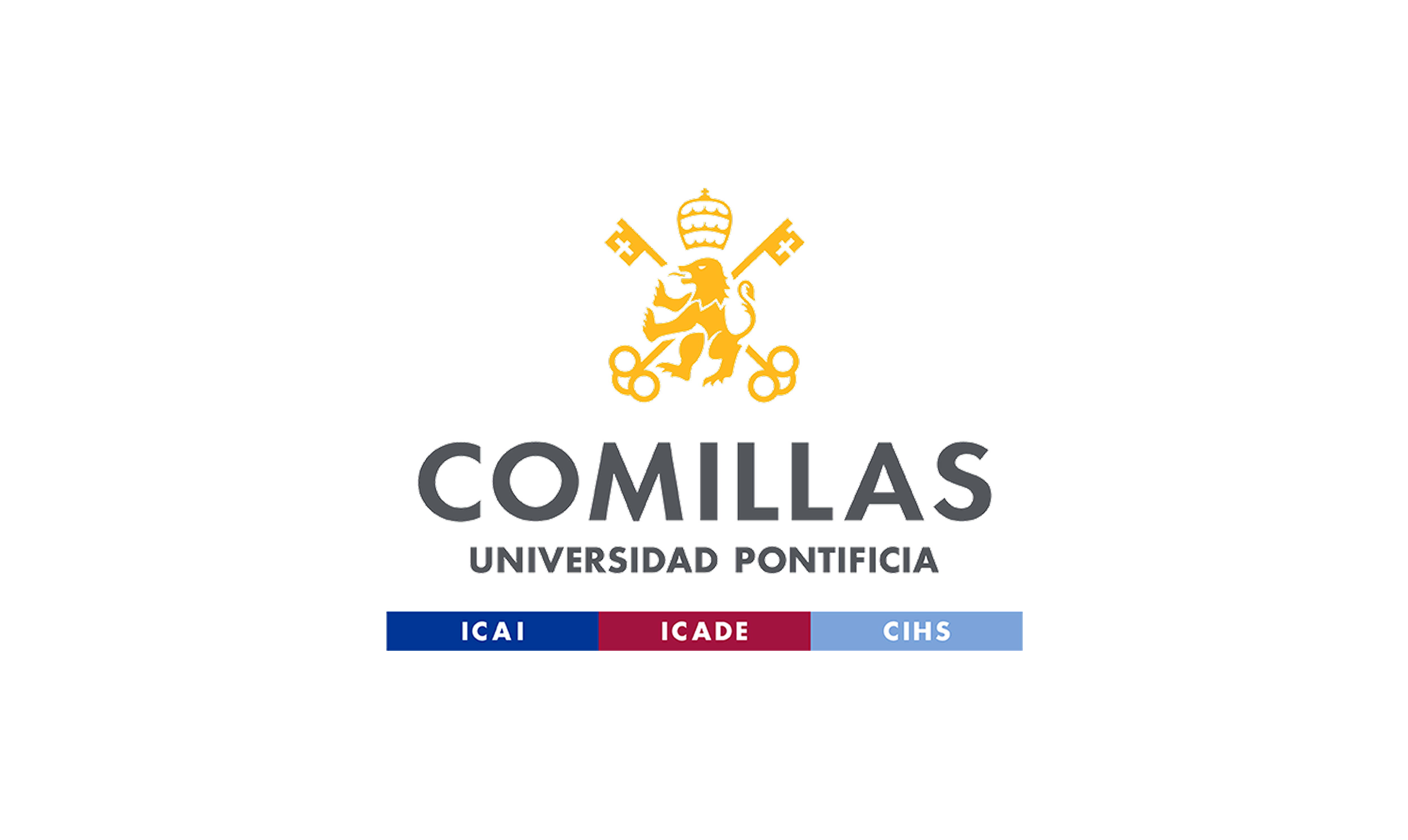Index
Receive our newsletter
Studying abroad opens up new academic and personal opportunities. However, adapting to a new environment can be a significant challenge. From legal requirements to everyday differences, having a detailed guide makes the transition smoother and allows students to make the most of their stay. According to UNESCO, more than 6 million students study outside their home country, highlighting the importance of being well-prepared.
Below are the essential aspects that an international student guide should include.
Documentation and pre-departure preparations
Before starting the journey, it is crucial to ensure that all necessary documents are in order:
- Passport and visa: check the expiration date and specific entry requirements for the destination country.
- Health insurance: mandatory in many countries; it is important to verify coverage and associated hospitals.
- Weather and appropriate clothing: research the season and average temperatures during the stay to pack accordingly.
- Money and bank accounts: learn about the local currency and the possibility of opening a bank account abroad.
Getting to know the new city and residential area
Adapting to a new city involves understanding its available services and becoming familiar with essential resources for daily life. Having this information not only facilitates integration but also helps reduce stress during the first few weeks in the new location.
- Supermarkets and stores: identify different shopping options based on quality and price.
- Medical centers and pharmacies: locate nearby hospitals and pharmacies for quick action in case of emergencies.
- Entertainment and dining options: offer recommendations for cafés, restaurants, and cultural centers near the residence.
Healthcare system in the destination country
Access to healthcare varies by country, so it is essential to consider different aspects:
- Mandatory or private health insurance: in some countries, students must register with the public healthcare system, while in others, private health insurance is required.
- European Health Insurance Card (if applicable): valid in many European countries for EU citizens.
- Hospital and primary care networks: know their locations and keep contact information handy.
Public transport and mobility
Understanding the transportation system is essential, especially in large cities with complex transit networks. Knowing all available options makes it easier to navigate the city and optimize daily commute times.
- Types of transportation: check if the city has a metro, buses, trams, or bike-sharing services.
- Fares and passes: some cities offer monthly transportation passes with discounted rates, providing more affordable access to different transit options.
- Useful apps: Google Maps, Citymapper, or local apps to plan routes efficiently.
Social norms and local culture
Every country has different social and legal norms from the student’s home country, making it essential to understand them to avoid inconveniences and adapt smoothly.
- Respect for schedules and noise regulations: important in residences, co-living spaces, or shared apartments.
- Public space etiquette: includes transportation rules, grocery store lines, recycling, and waste disposal.
- Differences in housing size: in Europe, for example, rooms and common areas are often smaller than in the United States, which can influence the living experience and personal space organization.
Everyday customs
Understanding local customs helps students integrate more quickly and avoid uncomfortable situations. Learning about traditions, social etiquette, and cultural expectations also facilitates building relationships and feeling part of the community.
- Meal schedules: vary by country, from early dinners to longer mealtimes.
- Tipping systems: in some places, tipping is mandatory, while in others, it is optional.
- Holidays and celebrations: participating in local festivities helps with cultural adaptation.
Recommended places to visit
Moving to a new city is a great opportunity to explore its history and culture and discover its most unique spots. Knowing its landmarks and most iconic places enhances the experience and fosters a stronger connection with the surroundings.
- Historical and cultural sites: museums, monuments, and notable landmarks.
- Natural spaces: parks, beaches, or nearby mountains.
- Short trips and getaways: nearby destinations perfect for weekend escapes.
8. Mental health and emotional adjustment
Moving to another country can be an exciting and enriching experience, but it can also bring feelings of loneliness and homesickness. It is important for students to recognize these emotions and find ways to cope with them.
- Dealing with nostalgia and loneliness: staying in touch with family and friends, building new relationships in the destination city, and participating in social activities can help reduce feelings of isolation.
- Prioritizing mental health: many universities and organizations offer psychological support services that can be invaluable during times of transition and stress.
Providing students with high-quality information about their destination can ease cultural adjustment and reduce the initial impact of moving abroad. A well-prepared guide should include practical and relevant details about every aspect of life in a new city, helping students make the most of their academic and cultural experience while integrating more easily into their new home.








